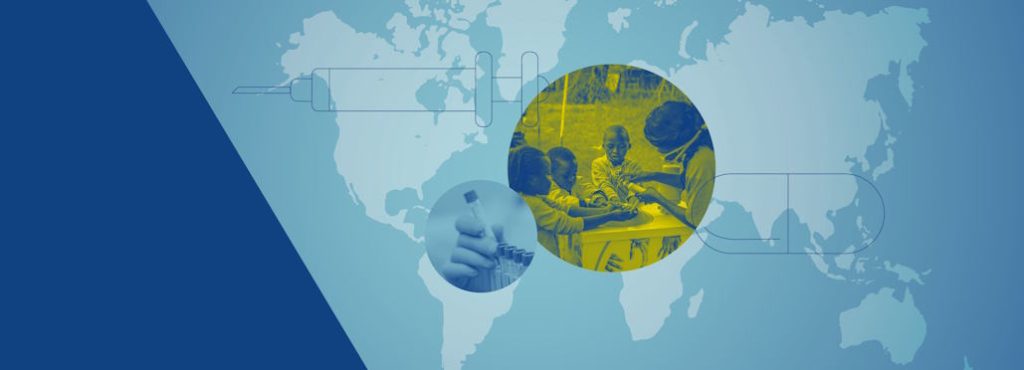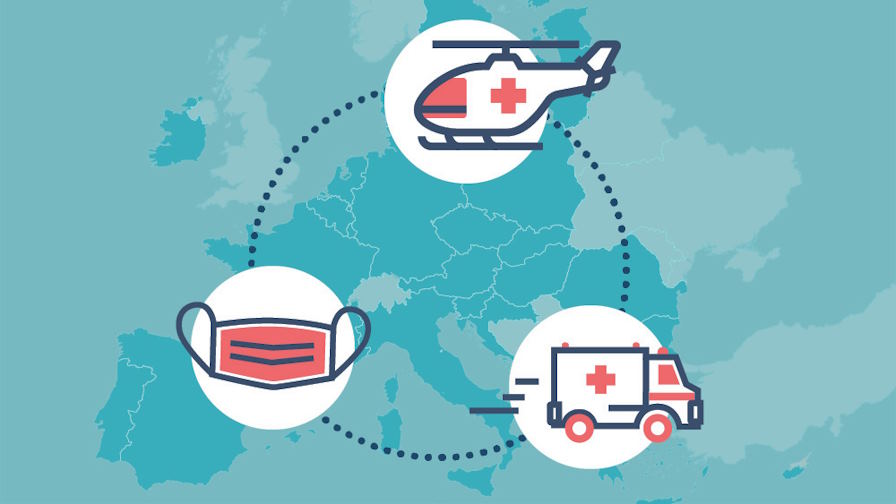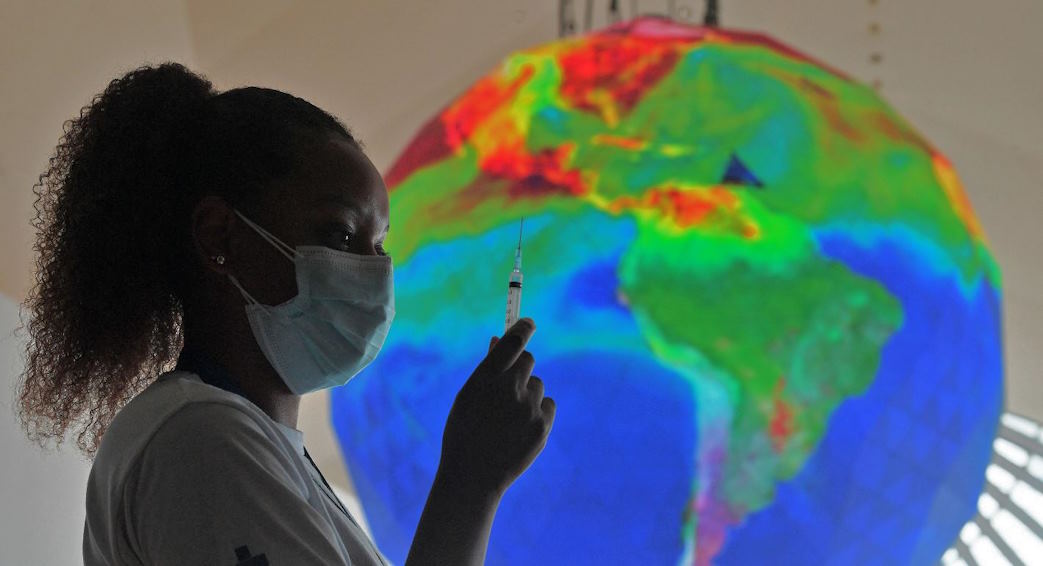
In the wake of the unprecedented COVID-19 pandemic that swept across the globe, nations were confronted with an unrelenting storm of health, economic, and social challenges. The world stood witness to the devastating toll inflicted upon communities and economies, leaving countries struggling to cope with the aftermath of the crisis. In these darkest hours, however, a beacon of hope emerged in the form of global solidarity. The power of unity, cooperation, and shared responsibility proved instrumental in navigating the path to recovery.
The Positive Impact of Global Solidarity on Social and Psychological Recovery
Reducing stigma and discrimination against affected countries and populations:
One of the most significant triumphs of global solidarity during the COVID-19 pandemic has been its role in countering the stigma and discrimination faced by affected countries and populations. In the early stages of the outbreak, fear and misinformation led to prejudiced attitudes and xenophobia towards individuals from certain regions. However, through international cooperation and public awareness campaigns, these negative sentiments were addressed head-on. Nations across the world came together to emphasize that the virus knows no boundaries, and it was essential to stand united against discrimination. By promoting factual information and emphasizing empathy, global solidarity worked as a powerful force to diminish prejudice and foster compassion towards those affected by the virus.

Fostering a sense of community and mutual understanding:
The pandemic brought with it a sense of isolation and detachment as people struggled with lockdowns and social distancing measures. However, global solidarity efforts helped create a sense of community and mutual understanding. From sharing experiences on social media platforms to exchanging messages of hope and support, individuals across borders connected emotionally. Acts of solidarity, such as nations sending aid and medical personnel to affected regions, showcased a shared responsibility for each other’s well-being. This interconnectedness bridged gaps and highlighted the importance of collective efforts in overcoming challenges. As a result, communities worldwide grew closer, recognizing that our destinies are intertwined, and our actions impact one another.
Psychological support and mental health initiatives facilitated through global networks:
The pandemic’s toll on mental health was profound, affecting millions around the world. Global solidarity proved instrumental in mobilizing resources and expertise to address this aspect of recovery. International organizations and governments collaborated to set up mental health initiatives and helplines accessible globally. Mental health professionals from various countries came together through virtual platforms to offer support and counseling to those in need. Such initiatives not only provided practical assistance but also conveyed the message that people were not alone in their struggles. This network of emotional support helped individuals find solace, hope, and resilience, reinforcing the idea that we are all in this together.
Lessons Learned and Recommendations for the Future
Importance of maintaining and strengthening global solidarity beyond crises:
The COVID-19 pandemic has vividly illustrated that global solidarity is not merely a response to crises but an essential element for a sustainable and prosperous world. As we emerge from this unprecedented period, it is crucial to recognize that challenges, whether health-related or otherwise, are not limited by borders. Therefore, maintaining and strengthening global solidarity must become a core principle guiding our actions. By nurturing a spirit of cooperation, empathy, and shared responsibility, we can proactively address future crises and work collectively towards addressing pressing global issues such as climate change, poverty, and inequality. Building on the bonds forged during the pandemic, we can pave the way for a more interconnected and compassionate world that thrives through collaboration and solidarity.

Reforming international organizations to enhance response and cooperation:
The pandemic has exposed the need for a more efficient and coordinated global response mechanism. International organizations play a pivotal role in fostering global solidarity during crises, and hence, it is imperative to reform and strengthen these entities. By enhancing their capacity to swiftly mobilize resources, disseminate accurate information, and facilitate cooperation between nations, international organizations can be better equipped to tackle future challenges effectively. Additionally, promoting transparency, inclusivity, and equal representation within these organizations will foster greater trust and confidence among member countries, ensuring a more unified and impactful global response to crises.
Promoting equitable access to resources and vaccines:
The glaring disparities in access to essential resources and life-saving vaccines during the pandemic have been a stark reminder of the importance of equity in global solidarity efforts. To forge a more just and resilient world, it is imperative to prioritize equitable access to resources, including healthcare, education, and economic opportunities. By investing in and supporting developing countries, we can empower them to become active participants in global solidarity initiatives rather than passive recipients of aid. Furthermore, promoting technology transfer and knowledge-sharing can facilitate the development and distribution of vaccines and medical treatments on a more equitable basis. By prioritizing equity, we can build a future where no one is left behind, and global solidarity becomes a unifying force that transcends boundaries and fosters the well-being of all humanity.

